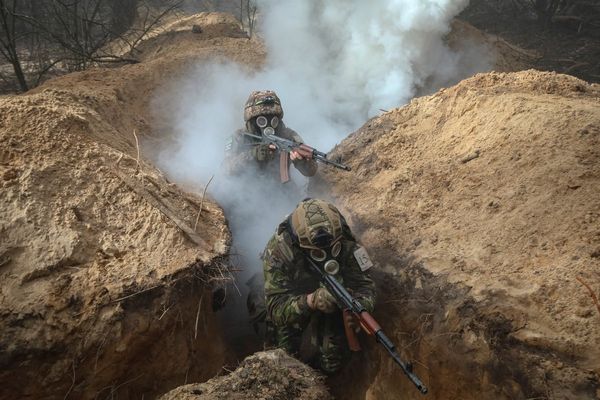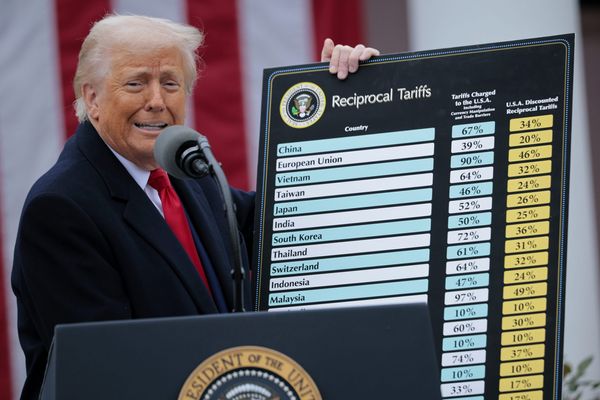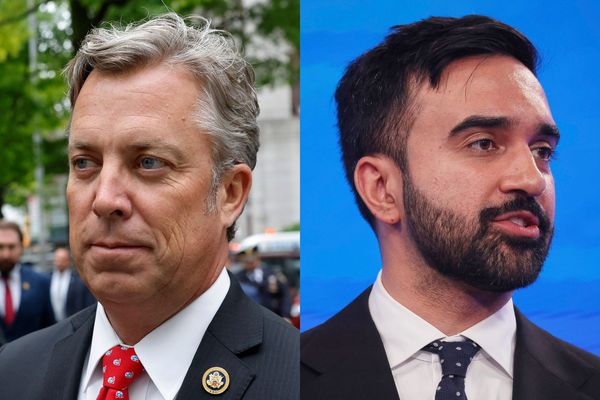
Non-essential shops are to reopen after Boris Johnson confirmed the roadmap for lifting lockdown restrictions across England would proceed as planned.
The prime minister announced plans in February for the reopening of non-essential shops and businesses, which have been closed since 6 January.
Here’s everything you need to know.
What counts as an ‘essential shop’?
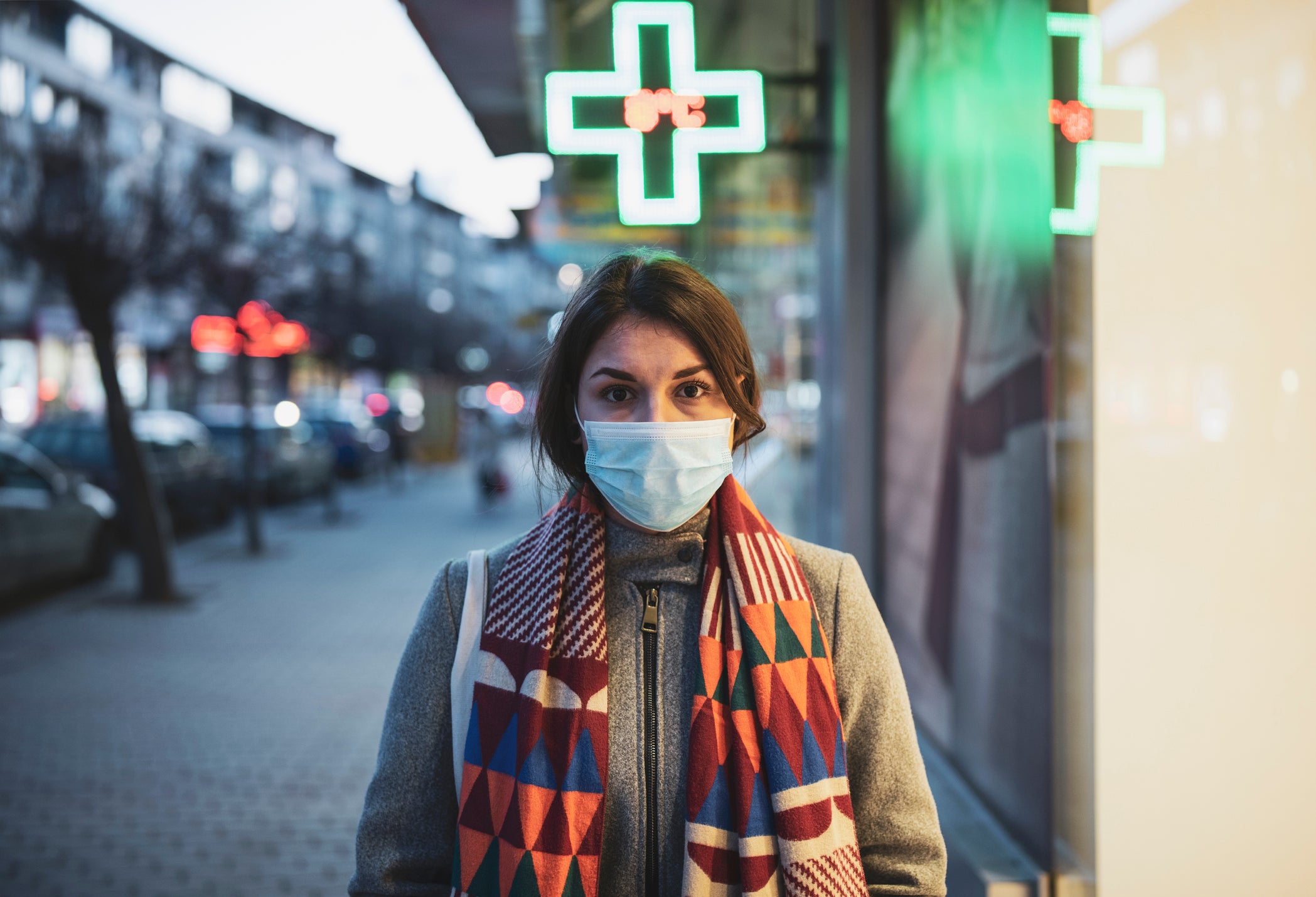
Food shops, supermarkets, off-licences, corner shops, petrol stations, pharmacies, mobility and disability support shops, builder’s merchants, bicycle shops and bike and car repair services are all allowed to remain open. Garden centres and agricultural supply shops are also categorised as essential retailers.
Market stalls selling essential goods, medical providers (including dentists), vets, launderettes, funeral providers, banks, post offices and building societies have also been permitted to remain open throughout the lockdown.
Read more:
- When will pub gardens reopen?
- When will shops reopen including clothes and charity stores?
- When will gyms reopen?
- When can we travel again? Key lockdown easing dates
What counts as an ‘essential shop’?
The government categorises non-essential businesses as being “any business or venue that provides goods for sale or hire” that are not listed under the essential business banner.
These include clothing stores, homeware stores and home design showrooms, tobacco and vape shops, businesses selling electronic goods (including mobile phone shops), charity shops, antiques stores, betting shops and car showrooms.
Some of these businesses are permitted to continue offering delivery and click-and-collect services, but the government says “door-to-door sales should not take place, and sales activities should be conducted remotely (such as by phone, online, or mail).”
When will non-essential shops reopen?
Non-essential shops include everything from clothing, books, department stores and technology stores.
Mr Johnson said that from 12 April, under step two of lockdown easing, non-essential retail will reopen.
This is along with hairdressers and nail salons.
Read more:When can we meet outside?
Non-essential shops were also one of the first businesses permitted to reopen after the first lockdown in 2020.
Although it is worth considering that this is the earliest date this could happen and the opening could be pushed back if there are changes to the risk assessment by the government.
What have the experts said?
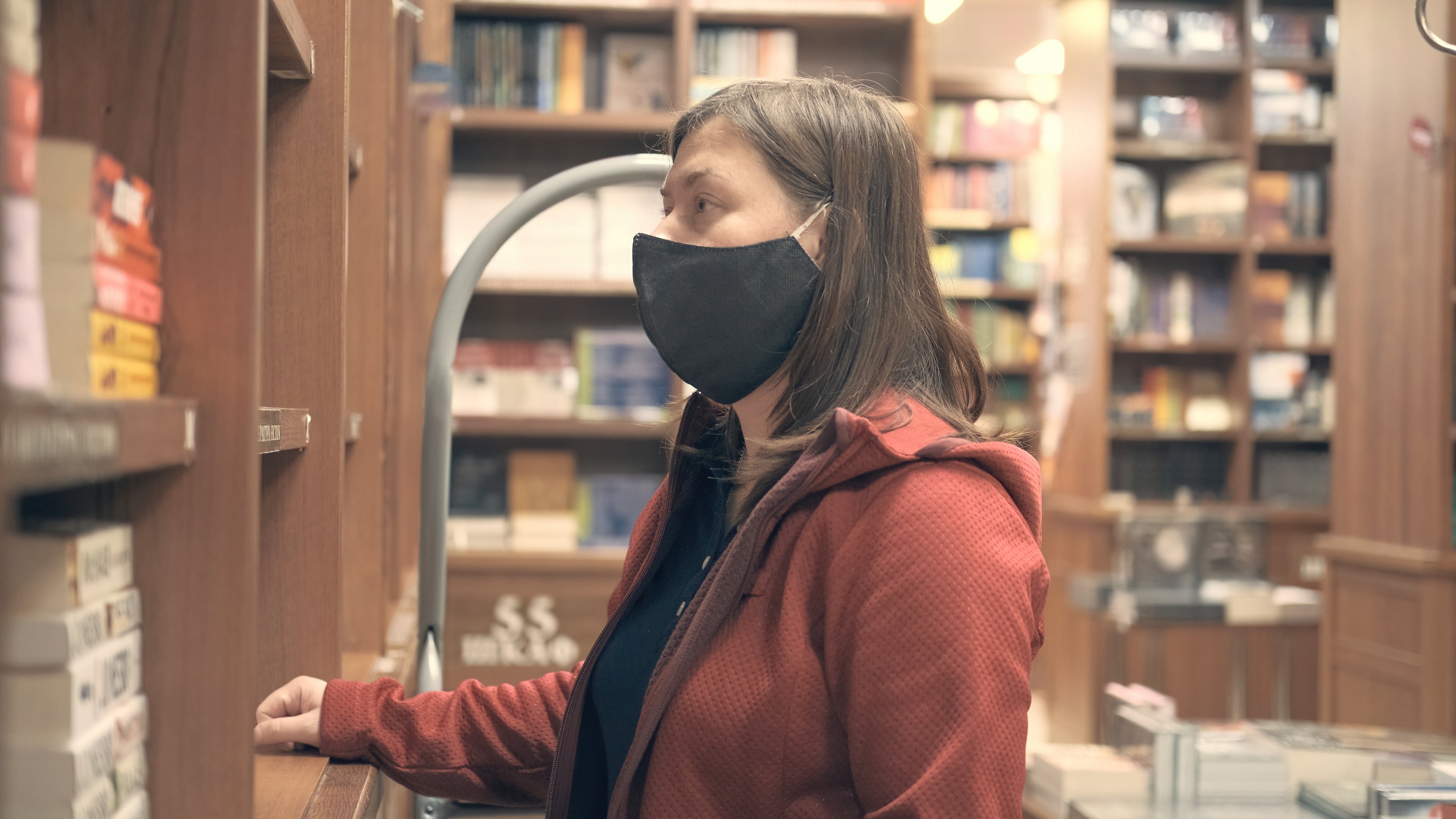
The Scientific Advisory Group for Emergencies (Sage) has said that retail has a low impact on the transmission of the virus.
Prior to the last lockdown, Sage recommended that “opening non-essential retail safely would require a significant effort to ensure that environments are appropriate to minimise transmission (for example social distancing and hygiene measures, ventilation)”.
This means that rules relating to social distancing, the wearing of face masks and a limit on the number of people allowed inside a shop are likely to continue when shops do eventually reopen.
How have non-essential shops been impacted by the lockdown?
The pandemic has, understandably, witnessed a major pivot to online shopping, with ASOS reporting a spike in pre-tax profits of 329 per cent.
For many bricks-and-mortar retailers, the pandemic has been the final blow, however.
Household names including the Arcadia group (which includes Topshop, Miss Selfridge and Dorothy Perkins), Jaeger, Aldo, JM Lewin and Mothercare all went into administration during the pandemic.
Small and independent retailers have also been among the hardest-hit businesses during the pandemic.
Not only have they had to conform to government restrictions but – even when allowed to open – many consumers worried about contracting the virus have opted to shop online rather than in-person.

